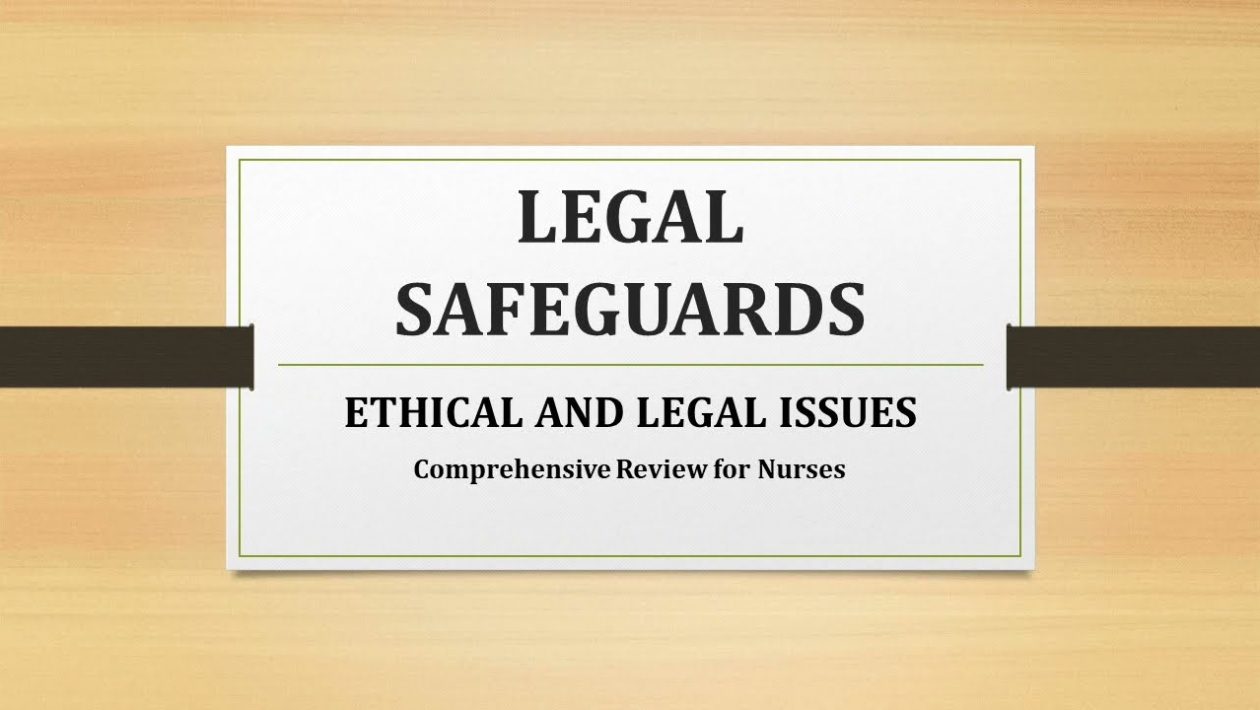Protection orders play a critical role in safeguarding individuals and communities in British Columbia (BC). These legal safeguards are designed to provide immediate protection to individuals who are at risk of harm or violence. Understanding the importance and impact of protection orders is essential in promoting safety and preventing further harm. This article provides an overview of protection orders in BC, their role in safeguarding individuals, the process of obtaining a protection order, the consequences of violating these orders, and the limitations and criticisms associated with them.
Understanding Protection Orders
Protection orders are legal measures that restrict the actions of individuals who pose a threat to others. These orders are commonly used in cases involving domestic violence, stalking, or harassment. By legally enforcing boundaries and limitations, protection orders aim to prevent further harm and give victims a sense of security.
When it comes to understanding protection orders, it is important to delve deeper into their definition and the different types available. A protection order is a court-issued order that prohibits an individual from engaging in specific behaviors. These behaviors may include approaching or contacting the victim, entering their home or workplace, or even possessing firearms. The purpose of these restrictions is to create a safe space for the victim and prevent any further harm.
Definition and Types of Protection Orders
In British Columbia (BC), where protection orders are commonly sought, there are various types of protection orders available, depending on the circumstances and the level of threat. One of the most common types is a restraining order, which prohibits the respondent from contacting or approaching the victim. This type of order is often sought in cases of domestic violence, where the victim needs to be protected from their abuser.
Another type of protection order is a no-contact order. This order goes beyond restraining the respondent from physical contact and extends to all forms of communication, including phone calls, text messages, emails, and social media interactions. It aims to completely cut off any means of contact between the parties involved, ensuring the safety and well-being of the victim.
Additionally, there is a type of protection order called a peace bond. This order is typically sought when there is a reasonable fear of future harm or when a person’s behavior is causing significant distress to another individual. A peace bond requires the respondent to keep the peace and be of good behavior towards the victim. It may also include specific conditions, such as attending counseling or staying away from certain locations.
Each type of protection order has its specific restrictions and requirements tailored to the particular situation. The court carefully considers the circumstances and evidence presented before making a decision on the type and scope of the protection order to be issued.
The Legal Basis for Protection Orders
The legal basis for protection orders in BC is established under the BC Family Law Act and the BC Family Violence Protection Act. These laws recognize the importance of protecting individuals from harm and provide a framework for obtaining and enforcing protection orders.
The BC Family Law Act sets out the legal principles and procedures for obtaining protection orders in cases involving family members. It recognizes that family violence is a serious issue and aims to provide victims with the necessary legal tools to ensure their safety and well-being. The Act also outlines the rights and responsibilities of both the applicant (the person seeking the protection order) and the respondent (the person against whom the protection order is sought).
On the other hand, the BC Family Violence Protection Act specifically addresses protection orders in cases of domestic violence. It acknowledges that domestic violence is a unique form of violence that often occurs within the context of intimate relationships. The Act emphasizes the need for immediate protection and provides a streamlined process for obtaining emergency protection orders to ensure the safety of victims.
Both acts work in conjunction to provide a comprehensive legal framework for protection orders in BC. They ensure that victims have access to the necessary legal remedies and support systems to break free from abusive situations and rebuild their lives.
Understanding the legal basis and the different types of protection orders is crucial for anyone seeking to obtain or enforce a protection order. It allows individuals to navigate the legal system effectively and ensures that the necessary measures are in place to protect victims from further harm.
The Role of Protection Orders in Safeguarding Individuals
Protection orders serve as crucial mechanisms in combating domestic violence, stalking, and harassment, providing immediate safety measures for victims. They empower individuals at risk by legally prohibiting offenders from contacting them, coming near their residence, or engaging in other identified harmful behaviors.
Protection Orders in Domestic Violence Cases
In cases of domestic violence, protection orders are particularly vital. They not only restrict an abusive partner’s access to the victim but can also address issues such as child custody, access, and support. By providing legal protections, these orders help survivors break free from the cycle of violence and enable them to rebuild their lives.
Protection Orders for Stalking or Harassment Victims
Protection orders are also essential in cases involving stalking or harassment. These orders can prohibit individuals from approaching, contacting, or following the victim. By establishing clear boundaries and consequences for non-compliance, protection orders play a critical role in deterring and preventing further acts of harassment or stalking.
The Process of Obtaining a Protection Order in BC
Obtaining a protection order in BC involves several steps and requires meeting specific criteria. These criteria are in place to ensure that individuals who genuinely require protection are granted these orders.
Eligibility Criteria for a Protection Order
To be eligible for a protection order, an individual must demonstrate that they have reasonable grounds to fear for their safety or the safety of their children. The court assesses the evidence provided by the applicant to determine if the threshold for granting the order has been met.
Steps to Apply for a Protection Order
The process of applying for a protection order typically involves filing an application with the appropriate court. The applicant must provide detailed information regarding the circumstances, evidence of the existing threat, and any relevant supporting documents. Additionally, the court may conduct a hearing where the applicant can present their case.
The Consequences of Violating a Protection Order
Violating a protection order is a serious offense in BC, and the legal system has established consequences to deter individuals from disregarding these court orders.
Legal Penalties for Violation
Individuals who violate protection orders can face legal penalties, including fines, probation, community service, or even imprisonment. These penalties serve as a deterrent to ensure compliance and emphasize the seriousness of the violation.
Long-Term Implications of Violation
In addition to legal penalties, violating a protection order can have long-term implications. Repeat offenders may find themselves facing more severe penalties, and their actions can impact custody arrangements, visitation rights, and future court proceedings. It is crucial for individuals to understand the gravity of violating a protection order and the potential consequences they may face.
The Limitations and Criticisms of Protection Orders
While protection orders are valuable tools in promoting safety, they are not without limitations and criticisms. It is important to consider these factors to continually improve the effectiveness of protection orders.
Effectiveness of Protection Orders
Some critics argue that protection orders alone may not guarantee complete safety. Determined individuals who are subject to these orders may ignore or disobey them, potentially putting victims at further risk. Continuous evaluation and improvement of protection order processes are necessary to enhance their efficacy.
Potential Improvements to the Protection Order System
Considering the limitations and criticisms, there is ongoing discussion around potential improvements to the protection order system. Enhancements may include increased education and awareness programs, better collaboration between justice systems and community resources, and increased support services for victims.
In conclusion, protection orders are vital legal safeguards in BC that help protect individuals from harm and violence. They serve as immediate measures to safeguard victims of domestic violence, stalking, and harassment. The process of obtaining a protection order involves meeting specific eligibility criteria and following required steps. Violating a protection order can result in severe legal penalties and long-term consequences. While protection orders have limitations, ongoing discussions aim to improve their effectiveness. By understanding the importance of protection orders and continuously working towards improvement, we can create safer communities for individuals in BC.





